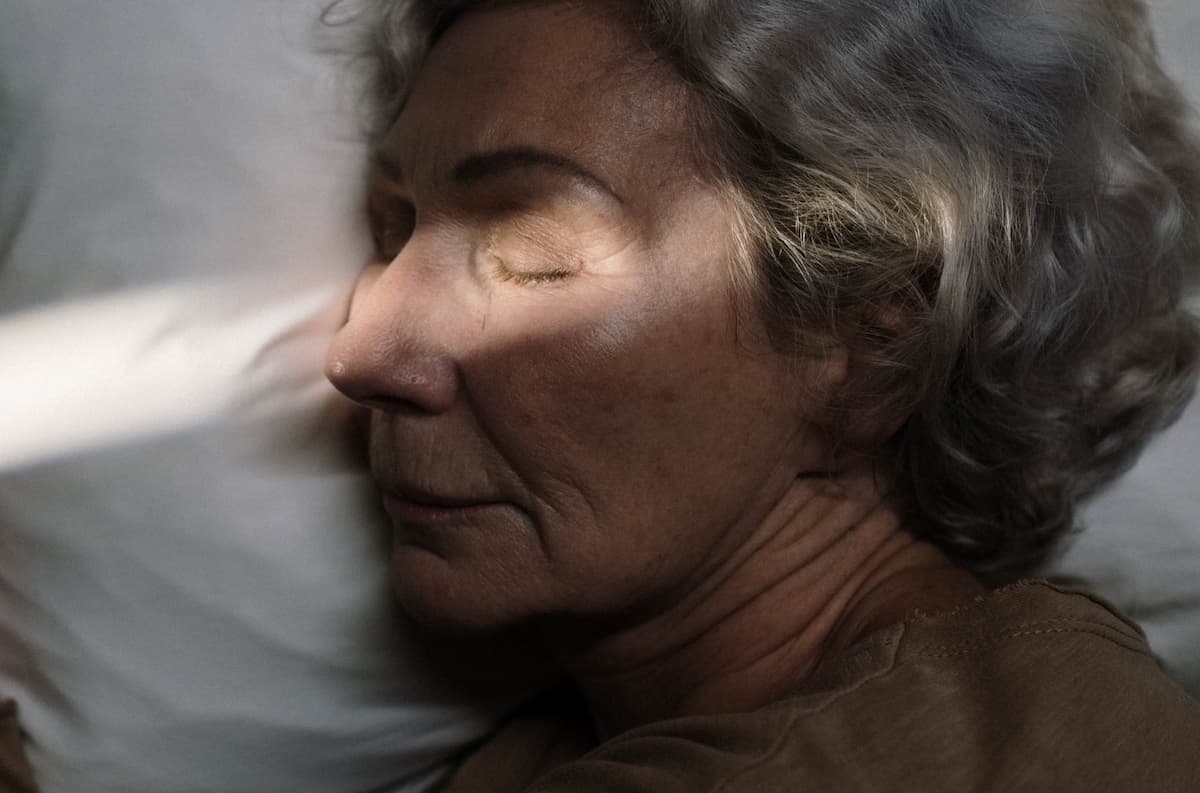The study included almost 350 people whose sleep and cognitive function were tracked over around two decades.
Getting only 1 percent less deep sleep each year increases the risk of dementia by 27 percent.
Maintaining or enhancing deep sleep, research suggests, could help to reduce dementia risk.
During sleep the brain cycles between periods of deep sleep and then up towards shallower periods of sleep in which we tend to dream, whether we remember or not.
Deep sleep, which occurs mostly in the first three hours of the night, is when the brain processes thoughts and memories.
Dr Matthew Pase, study co-author, said:
“Slow-wave sleep, or deep sleep, supports the aging brain in many ways, and we know that sleep augments the clearance of metabolic waste from the brain, including facilitating the clearance of proteins that aggregate in Alzheimer’s disease.
However, to date we have been unsure of the role of slow-wave sleep in the development of dementia.
Our findings suggest that slow wave sleep loss may be a modifiable dementia risk factor.”
Reduced deep sleep
The study included almost 350 people whose sleep and cognitive function were tracked over around two decades.
With age people tended to get less deep sleep, but those whose deep sleep reduced more over the years were at increased risk of developing dementia.
Dr Pase said:
“We also examined whether genetic risk for Alzheimer’s Disease or brain volumes suggestive of early neurodegeneration were associated with a reduction in slow-wave sleep.
We found that a genetic risk factor for Alzheimer’s disease, but not brain volume, was associated with accelerated declines in slow wave sleep.”
Related
- Getting less REM sleep — the phase in which we dream — is linked to dementia.
- Spending less time in deep sleep is linked to loss of brain cells and dementia.
- People who sleep for too little or too long are at a higher risk of cognitive decline and dementia.
The study was published in the journal JAMA Neurology (Himali et al., 2023).

